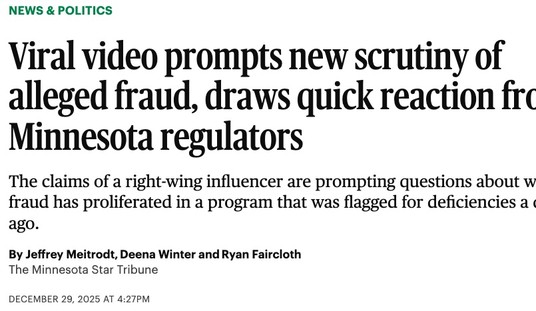Every four years, the media love to walk through third-party scenarios that might decide the presidential election — especially in 2000, when it actually did drive the results in one state, Florida, which turned out to be the epicenter of the election. McClatchy delivers the formulaic nod to this cycle’s Don (and Dona) Quixotes, paying homage to the flinty American independence and usually utter futility they represent. With a race this close, though, this scenarios aren’t entirely out of the question:
If Tuesday’s election is as close as polls suggest, the presidency might be decided by someone named Gary Johnson. Or Virgil Goode. Or Jill Stein.
They’re third party candidates for president. While none has a real shot at winning the White House and few Americans watched their debate Sunday evening, any one might draw just enough support in a battleground state to throw the results to President Barack Obama or Republican Mitt Romney. It’s happened before, and recently. In 2000, Green Party nominee Ralph Nader’s drew 1.6% of the vote in Florida, forced a recount and the eventual election outcome in favor of Republican George W. Bush. …
[Johnson’s] standing could be pivotal in Colorado, where voters are closely divided between the two major party candidates. A Nov. 2 Denver Post poll found voter split 47-45 for Obama over Romney. A CNN poll the day before tested Johnson’s support and found 4 percent of likely voters leaning his way.
His support could be tied to a ballot initiative that would allow limited marijuana use for those 21 and older. While the Libertarian message of minimal government usually resonates with Republicans, in this case, Johnson knows he’s drawing from the Democrats. “I take more votes away from Obama than Romney,” he said. “I am more liberal than Obama when it comes to civil liberties,” Johnson said, adding that he supported marijuana legalization when he was governor.
Frankly, I’m not sure that this scenario plays out anywhere else but in Colorado. A number of readers have expressed concerns over Virgil Goode’s presence on the Virginia ballot, but I suspect that people who want Obama out of office are not going to be interested in casting protest votes for Goode. Johnson is a different case, with a different constituency and the endorsement of a small but still recognized political party, the Libertarians. Even so, I suspect that Johnson’s going to end up with significantly less than 4% in Colorado as protest voters reconsider their choice at the ballot box.
If you are a third-party voter, Bill Whittle wants to have a word with you. Rather than challenge your principles, though, Whittle wants to appeal to them. Elections come down to realistic choices, and in this election, the two choices are very distinct. Even if you don’t think either of the two candidates represents your values and principles, one of them comes closer than the other:
Bill published this last week, but I deliberately held it to today. He makes a good argument that should be one of the last voters consider before they go to cast their ballots — especially if they want to cast it for a third-party candidate, or not cast it at all.








Join the conversation as a VIP Member